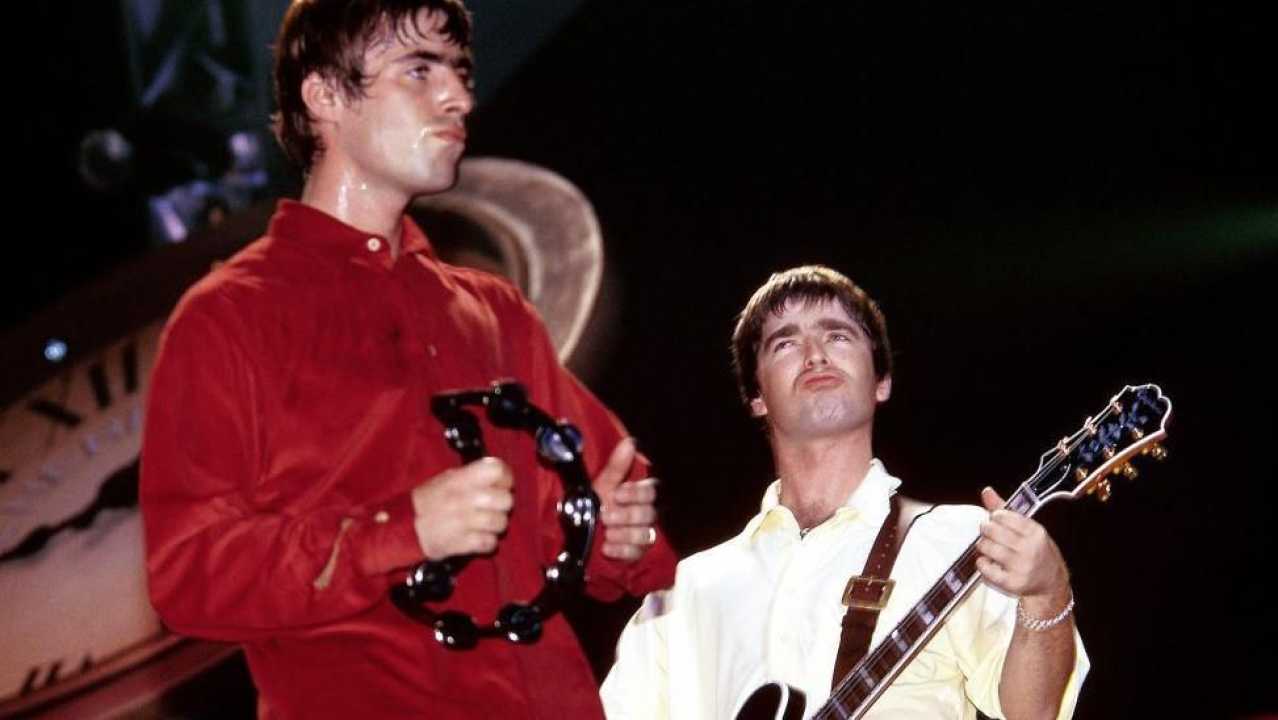Entertainment
Oasis: Brothers in Rock, Defining a Generation

The Gallagher brothers, Noel and Liam, have become synonymous with the iconic British band Oasis. Their tumultuous relationship has been a focal point of media discussions, especially as they rise to prominence in the music world.
Noel Gallagher, the chief songwriter and guitarist, highlights the complexities of sibling dynamics, stating, “The reason we don’t get on is that we know each other too well.” This personal insight reveals that their long history together often leads to tensions, particularly when one brother takes on the persona of a pop star.
The British music scene is abuzz with stories of the Gallagher brothers and the rock & roll lifestyle they embody, characterized by wild hotel parties and public altercations. Oasis has been heralded by music publications as a band destined for greatness, a claim Noel himself modestly questions as he regards their journey with cautious optimism.
Despite the claims that they may not be the saviors of rock & roll, Oasis represents a refreshing change from self-serious bands of the past. Their debut album, Definitely Maybe, is a testament to this new wave of music, featuring dynamic guitar riffs and a carefree attitude.
Noel remarks on the difference between Oasis and other bands, stating, “Bands like Suede totally, utterly and absolutely took themselves too seriously, which is why they didn’t go over in America.” Their music instead focuses on the themes of youth and the potential of life, contrasting the negativity often seen in other artists’ work.
Oasis was formed in 1992 in Manchester, during a time when members sought an escape from their routine lives. After a successful initial gig, they were approached by Noel Gallagher, who proposed a partnership that could lead them to stardom.
The band’s rapid rise can be attributed to their hard work and the distinctive songs penned by Noel. With a solid foundation now in place, the Gallagher brothers are poised to take their music beyond the UK. Noel states, “We’ve got the songs. We’re not going to go to America and want everyone to love us,” demonstrating a realistic approach to gaining international recognition.












